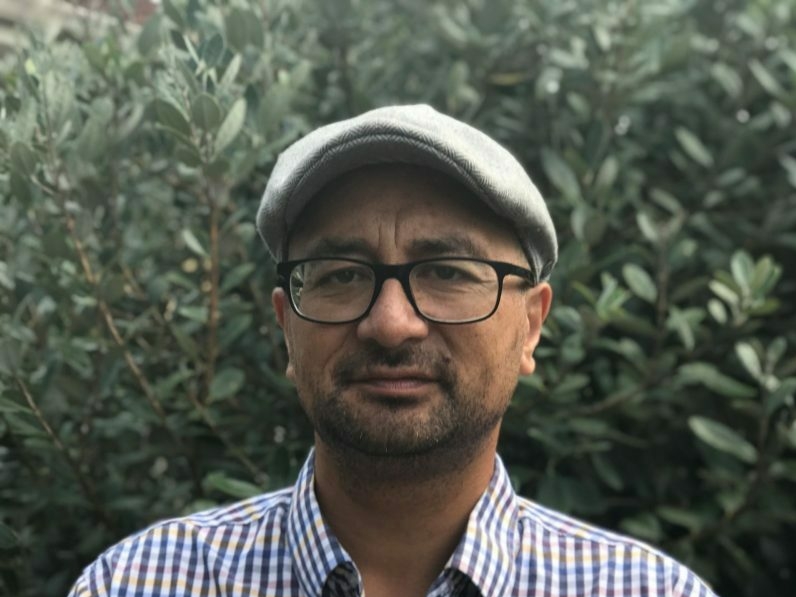A new method for measuring visual acuity progression in young children
The impact of amblyopia (also known as 'lazy eye')
Amblyopia, also known as lazy eye, is a paediatric condition that almost doubles the lifetime risk of legal blindness, affects motor development and impairs reading.
During childhood, amblyopia interferes with the development of fine motor skills and affects reading speed, which can reduce academic success and self-esteem. Amblyopia also contributes to disparities in wellbeing because it is more prevalent in lower socio-economic groups who have restricted access to health care.
In New Zealand, amblyopia affects approximately 150,000 people and untreated amblyopia contributes an estimated $110 million loss to gross domestic product.
Early diagnosis is essential
Early diagnosis and treatment significantly improves visual acuity, the primary measure of treatment success, in the amblyopic eye. However, measuring visual acuity is difficult with pre-school children.
Standard tests require high levels of attention and are cognitively demanding. Consequently, results vary according to the test used, the personnel administering the test and variability between measurements.
A better test for pre-school children
Doctor Jason Turuwhenua and his team from the University of Auckland have developed an automated, computer-based test for objectively determining visual acuity in pre-school children.
The test uses specially designed moving patterns to induce an involuntary response from the eye called optokinetic nystagmus; the presence or absence of this response determines visual acuity.
Based on positive results to date, visual acuity progression will be tracked in a cohort of young children undergoing amblyopia treatment.
Proudly supported by Cure Kids
Cure Kids are proud to be funding Dr Turuwhenua’s work with testing for amblyopia, which could lead to reduced costs and improved treatments, including home-based assessments.

Help fund our big research.
Every bit helps.

